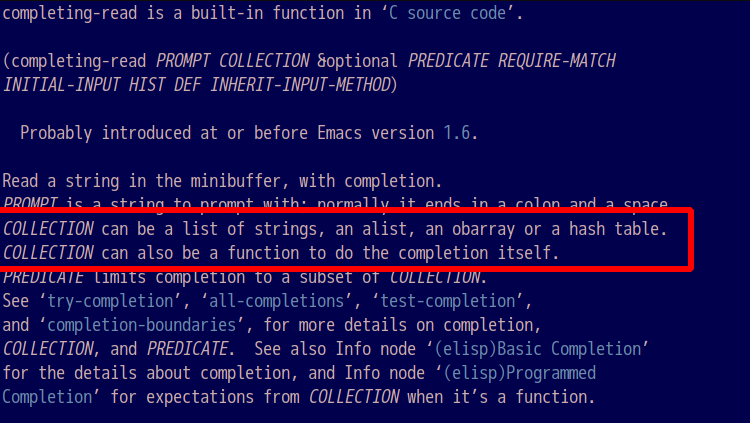I am new to Emacs. When I started using it 2 months ago, a co-worker suggested using helm which definitely improved my use of Emacs.
In addition, I have been slowly reading the book Mastering Emacs, by Mickey Petersen. At the beginning of the book, the author emphatically endorses using ido-mode. So, I installed it and I have been using it for the last 2 weeks. Since I have not uninstalled helm, I have been using both packages ido-modeand helm simultaneously.
1 - Is there a feature/functionality overlap between those packages? What is it? Or are they perfectly complementary?
2 - Aside from subjective opinions, is there any technical reason to make this a bad "design" choice for one's configuration?


ido-find-fileis really simple and does its job well. IMO there is not any problem to use them together.(info "(emacs) Minibuffer")). When you'll understand it, you'll see it puts to shame any of the "cool" completion packages. I don't use company, ido, helm, or any of those (but I have used in the past). Icomplete comes with emacs and it's extremely good. It improves the minibuffer experience a tiny bit.